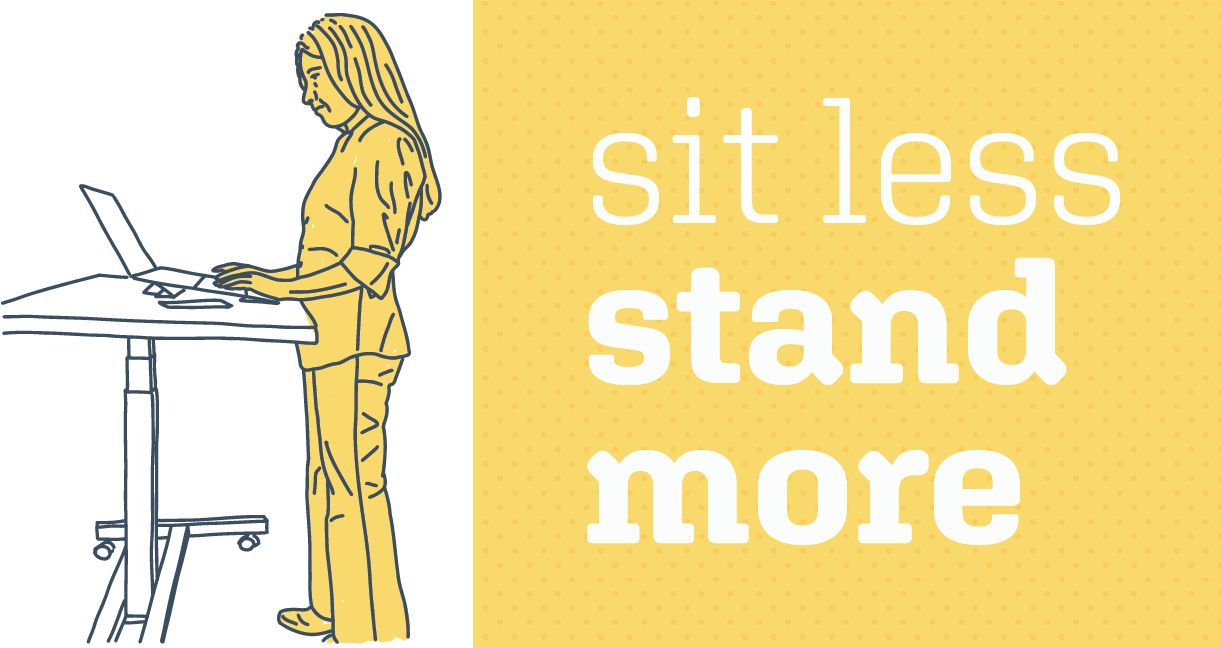Are your days NEAT enough?
Why is it that citizens of certain places live significantly longer, healthier lives than the rest of us? These 'blue zone' places include Sardinia, Okinawa, Icaria in Greece, the Nicoya Peninsula in Costa Rica and a Seventh-day Adventist community in California. What they have in common are some fairly simple lifestyle factors that contribute to their residents' longevity, such as a diet rich in fruits and vegetables, regular physical activity, and a strong sense of community.
This is where I'd like your contribution. I'm writing the next Day Crafting workbook on self-care and I'd like to include some practical ideas. If we designed our environments, situations and lifestyles so that we had to include more NEAT what could we do?
Here are some of the examples I've collated.- Park father away so you have to walk a bit further
- Don’t use the remote control or put it the other side of the room so you have to get up to use it
- Buy fewer ingredients more often, walk to local shops
- Cook from scratch, taking longer, moving around as you cook
- If you’re desk based, get a standing desk Use the toilet on a different floor, or one further away
- Walk and cycle more, drive less
- Replace mechanical conveniences.
- Rake the leaves up, cut the hedge with shears, mix food by hand
- Move every 20 minutes or so. Set an alarm on your watch to remind you
- Have walking meetings. Walk while you chat to a friend
The Practice
There are several ways that people who don't live in Blue Zones can Day Craft their lifestyles to be more like those of the people who do:
- Eat a plant-based diet: Blue Zoners tend to eat a diet rich in fruits, vegetables, whole grains, and legumes, and low in meat and processed foods.
- Move naturally: Blue Zoners typically engage in regular, low-level physical activity such as walking, gardening, and other forms of light physical activity. People can try to incorporate more of these types of activities into their daily routine.
- Prioritis'e social connections: Blue Zoners tend to have strong social connections and a sense of purpose, which can be promoted by joining clubs or groups that align with their interests, volunteering, and spending quality time with friends and family.
- Find ways to de-stress: Blue Zoners tend to have low levels of chronic stress, which can be promoted by practices such as yoga, meditation, or mindfulness.
- Build a sense of community: Blue Zoners live in tight-knit communities where people look out for each other. People can try to build a sense of community by volunteering, joining clubs or groups, or participating in neighbourhood events.
- Take a nap: Napping is a common practice in Blue Zones, people can try taking short naps during the day to improve energy and productivity.
Written by Bruce Stanley on Tue, January 31, 2023
Please share this
Related posts
The best way to design a new behaviour
I know a 'lean systems' expert. Her job, in aerospace manufacturing is to observe processes in factories and work out how to make them more efficient. This involves changing the position of machines and materials and the flow of materials around the space. Crucially it involves changing people: their ideas, their habits and practices, but people don't like change.How To Think Like A Day Crafter
I'm fortunate enough to be in control of my schedule, so why does the 9 to 5 work ethic, amongst other influences, still loom and glower over my thinking? I feel like a long departed influential industrialist striking a pose like Isambard Kingdom Brunel is shaping my choices. Along with him is a sports (or business) coach who talks about goals and winning and success. I think there is a capitalist media mogul in there too, pushing rumours and feeding worries about insecurities that I can purchase my way out of.
Get Your Day Crafting Five A Day
What five things could you craft into every day to help your life flourish? This simple intervention goes to the heart of the Day Crafting philosophy – the good life is more days with time for these activities. The ingredients for a good life are simple, the challenge is intentionally making time for them and giving them our attention.
